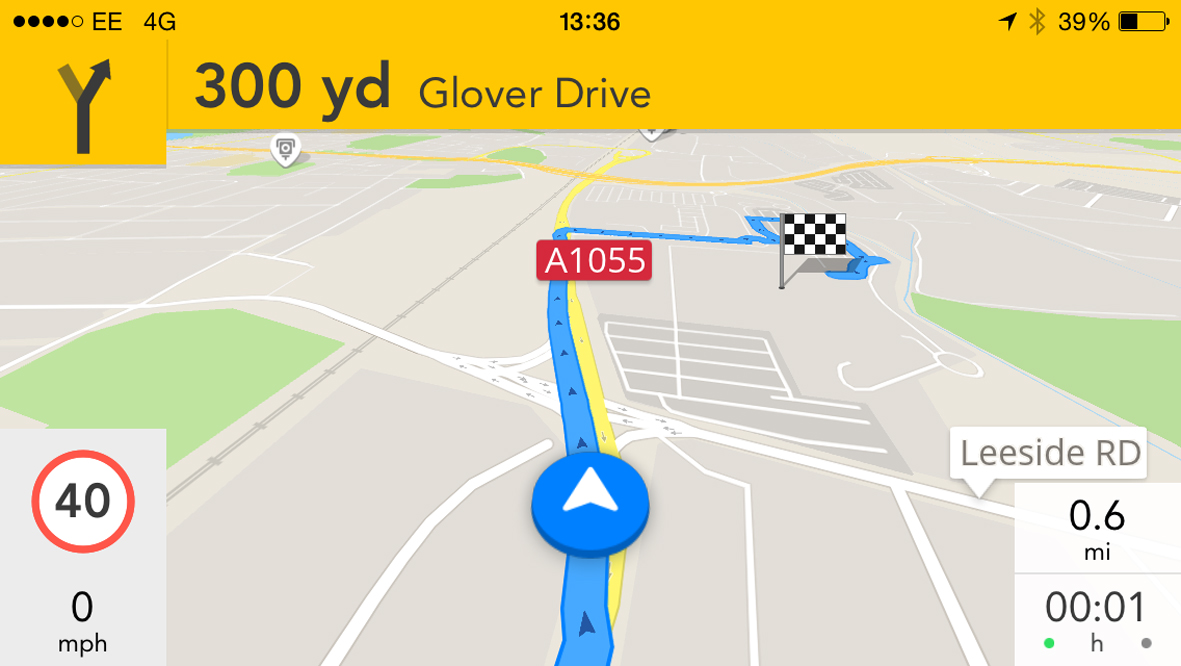New GPS algorithms could improve accuracy to centimetre-level
What is this? GPS for Ants?

New algorithms could help GPS become even more accurate, according to a recently published scientific paper.
Gizmodo reports that a team from the University of California has come up with a solution to one of the biggest problems with GPS: It isn't terribly accurate - limited only to an accuracy of about 30 feet.
While current GPS technology is "good enough" for a number of purposes (hence why we have a chip in all of our phones), it isn't good when more precision is needed. For example - when navigating an autonomous vehicle.
Inertia
The solution isn't to blast more expensive satellites into space, but to instead use the inertial movement sensors, like accelerometers and gyroscopes, in our devices to fill in the gaps. The thinking is that this could enable centimeter-level accuracy.
This sort of sensing has been done before but the problem has been the "computational cost" of making the calculations. In other words, it'll eat up battery and processing power. What the new research claims is that the newly developed algorithms can achieve the same level of accuracy in fewer calculations.
This means there would be a lower "computational cost" - so it could work in a wider range of devices.
The results have been published in the IEEE Xplore journal under the super catchy title "Computationally Efficient Carrier Integer Ambiguity Resolution in Multiepoch GPS/INS: A Common-Position-Shift Approach".
Get daily insight, inspiration and deals in your inbox
Sign up for breaking news, reviews, opinion, top tech deals, and more.